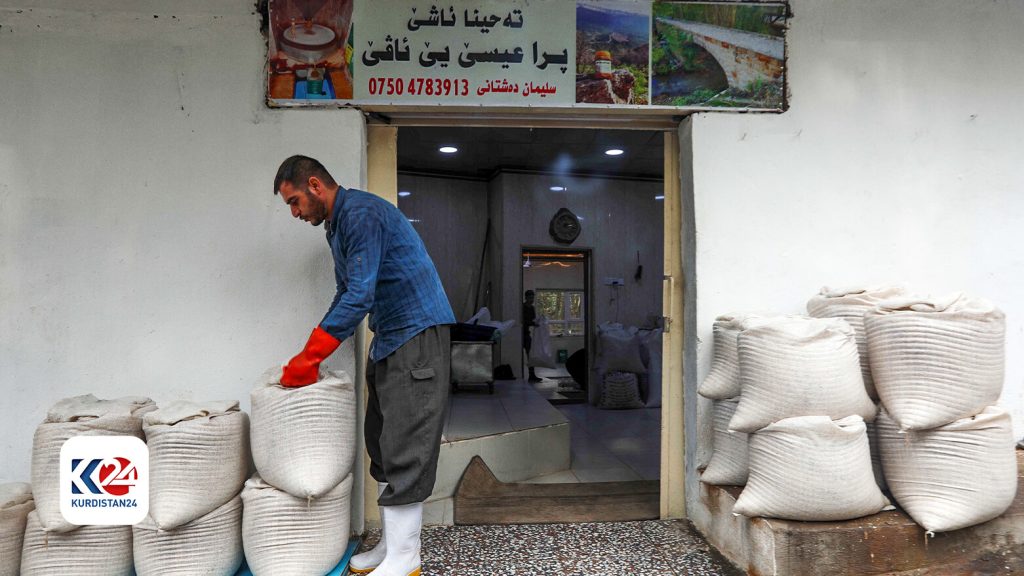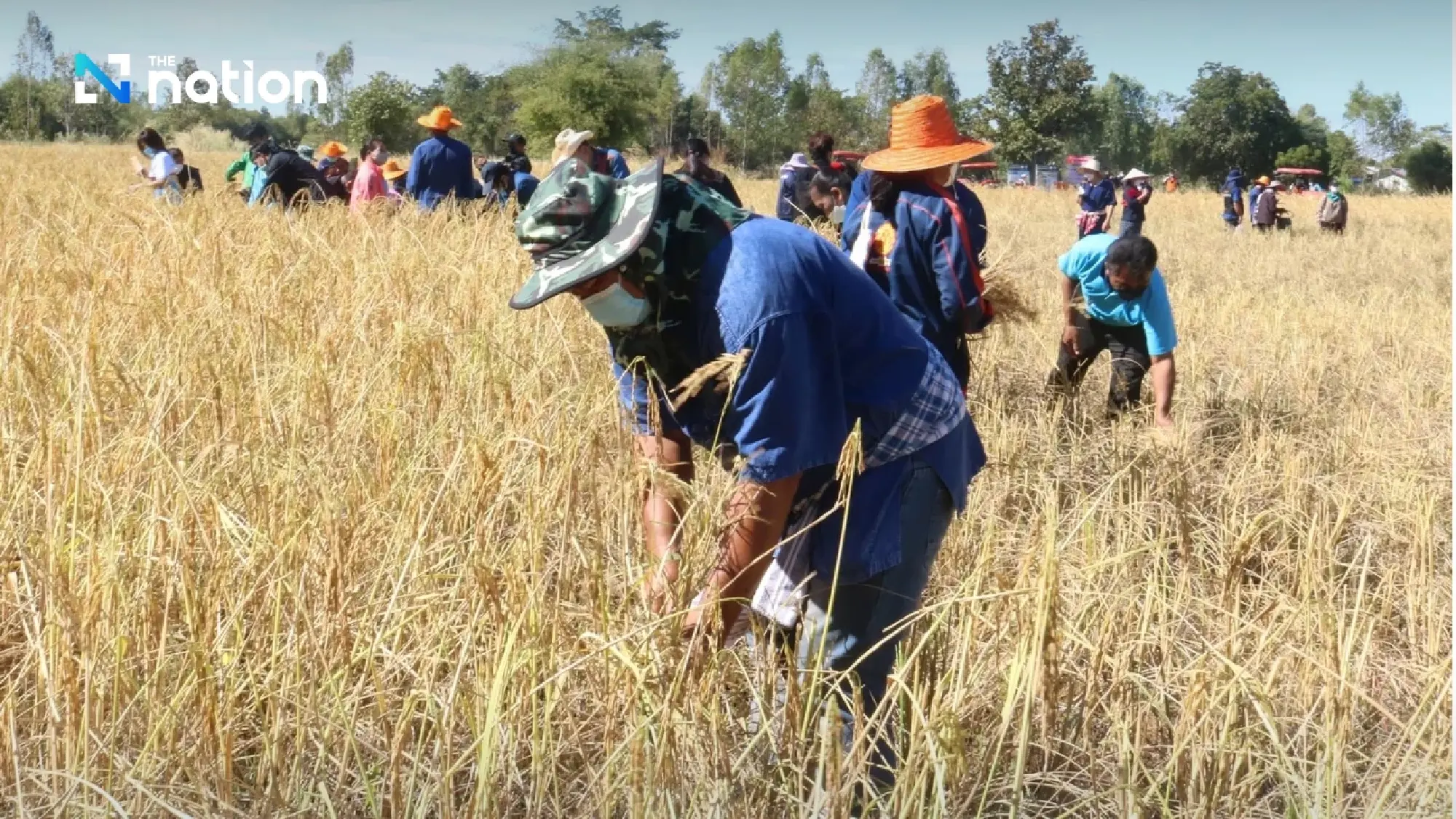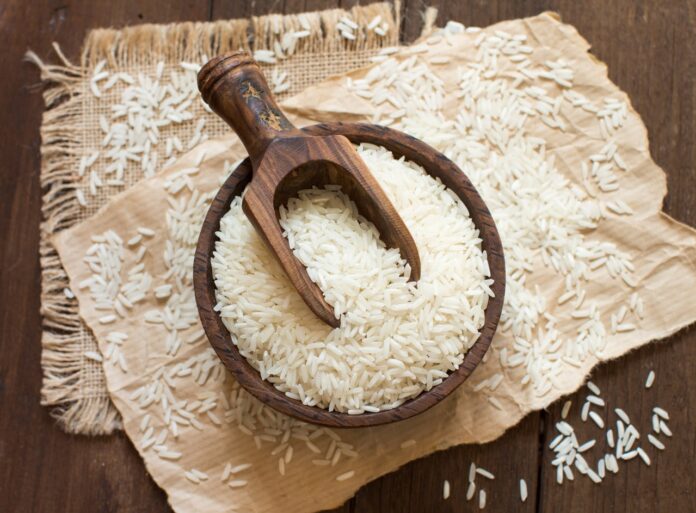Tags
Local agriculture flourishes in Amedi as sesame, rice production doubles
This year, the region has seen a marked increase in sesame seed production, contributing to a higher yield of locally made tahini and Kurdish rice.

ERBIL (Kurdistan24) – As the season for tahini production arrives, Amedi district is witnessing a significant boost in its agricultural output.
This year, the region has seen a marked increase in sesame seed production, contributing to a higher yield of locally made tahini and Kurdish rice.
Sulaiman, a sesame-seed mill owner in the Kurdistan Region, is one of many benefiting from this uptick. His mill processes up to 50 tons of sesame seeds annually to produce tahini, a product with rising demand both locally and abroad.
“Our job is to produce tahini, running this mill specifically for that purpose. This is the time of the year to produce tahini—from September to June, we work continuously in the mills,” Sulaiman told Kurdistan24’s Maher Shengali.
In addition to tahini production, Amedi is also known for its rice cultivation. A local rice mill in the district harvests, cleans, and packages Kurdish rice, which has gained popularity for its high quality and unique taste.
“Nowhere in Kurdistan can you find a region that produces as much rice as ours. The demand for the rice we produce here is very high. It has a distinct flavor, clearly different from the commercially produced rice in the market,” said a local rice mill owner.
This year, 1,650 dunums (about 407 acres) in Amedi have been dedicated to cultivating rice and sesame seeds. Production rates have doubled compared to last year, a success attributed to the Kurdistan Region’s continuous support for agriculture, particularly in areas like Deraluk, Sarsing, Kani Masi, and Chamanke.
“In Amedi district, the increase in rice and sesame seed production can be credited to several factors,” explained Hakar Hamid Rashid, Director of Agriculture in Amedi. “First, many residents have returned to farming and local production. Second, the Kurdistan Government has incentivized citizens and opened markets for locally produced goods. This has also generated new job opportunities. Lastly, the growing demand for local and organic produce has made agriculture a viable source of income for our citizens.”
Amedi’s agricultural scene features 31 sesame seed mills producing tahini and 10 rice mills, all relying on locally sourced crops. This season, the district has produced 240 tons of sesame seeds and 637 tons of rice.
Despite ongoing conflicts between the PKK and the Turkish army in certain parts of the region, Amedi’s farmers have remained committed to their lands.
Their resilience is reflected in the year-over-year increase in agricultural output, making locally produced Kurdish rice and sesame seeds more visible in markets, with a steadily growing consumer base.
Kurdistan24’s correspondent Maher Shingali did further reporting on this piece.
https://www.kurdistan24.net/en/story/808171/local-agriculture-flourishes-in-amedi-as-sesame-rice-production-doublesPublished Date: October 28, 2024






